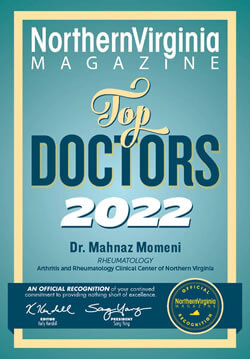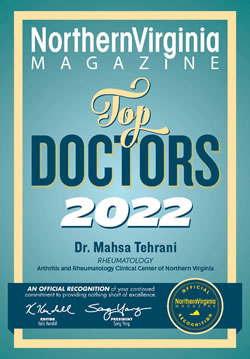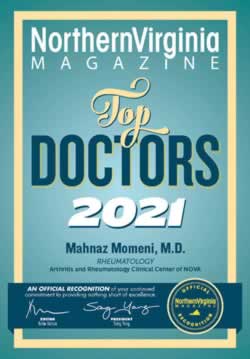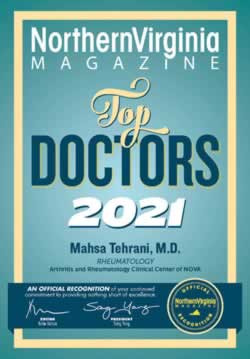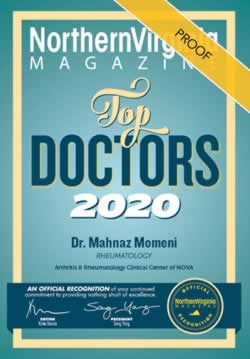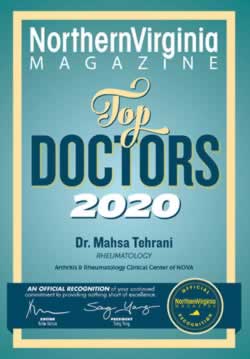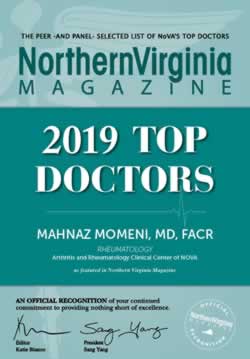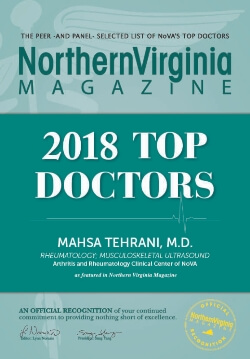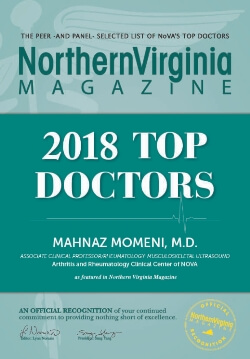Osteoporosis
Osteoporosis is a bone disease that develops when bone mineral density and bone mass decreases. This can lead to a decrease in bone strength that can increase the risk of fractures (broken bones).
Osteoporosis is a “silent” disease because you typically do not have symptoms, and you may not even know you have the disease until you break a bone. Osteoporosis is the major cause of fractures in postmenopausal women and in older men. Fractures can occur in any bone but happen most often in bones of the hip, vertebrae in the spine, and wrist.
However, you can take steps to help prevent the disease and fractures by:
- Staying physically active by participating in weight-bearing exercises such as walking.
- Drinking alcohol in moderation.
- Quitting smoking, or not starting if you don’t smoke.
- Taking your medications, if prescribed, which can help prevent fractures in people who have osteoporosis.
- Eating a nutritious diet rich in calcium and vitamin D to help maintain good bone health.
Diagnosis of Osteoporosis
The most common test for measuring bone mineral density is dual-energy x-ray absorptiometry (DXA). It is a quick, painless, and noninvasive test. DXA uses low levels of x-rays as it passes a scanner over your body while you lie on a cushioned table. The test measures the BMD of your skeleton and at various sites that are prone to fracture, such as the hip and spine. Bone density measurement by DXA at the hip and spine is generally considered the most reliable way to diagnose osteoporosis and predict fracture risk.
Treatment of Osteoporosis
The goals for treating osteoporosis are to slow or stop bone loss and to prevent fractures. Your health care provider may recommend:
- Proper nutrition.
- Lifestyle changes.
- Exercise.
- Fall prevention to help prevent fractures.
- Medications.
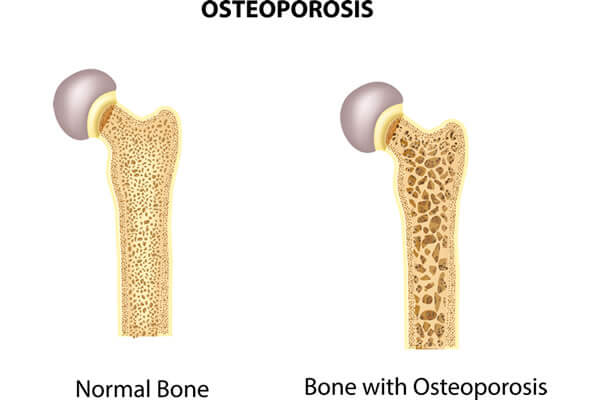
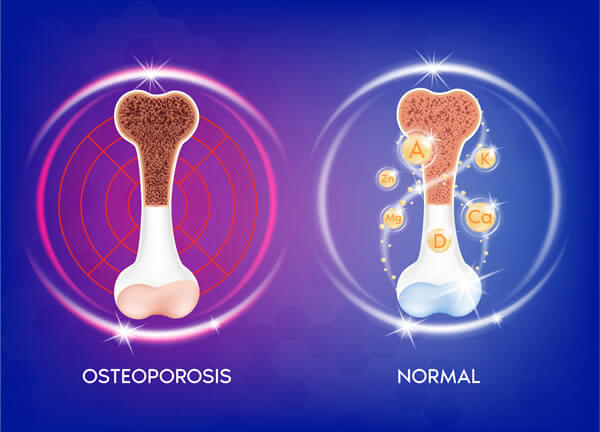
Questions? Click here to fill out our contact form or call us at 703-734-2222 during business hours.
Arthritis & Rheumatology Clinical Center of Northern Virginia has been providing the best rheumatologic care to patients throughout Northern Virginia. Our doctors are board certified in rheumatology.


